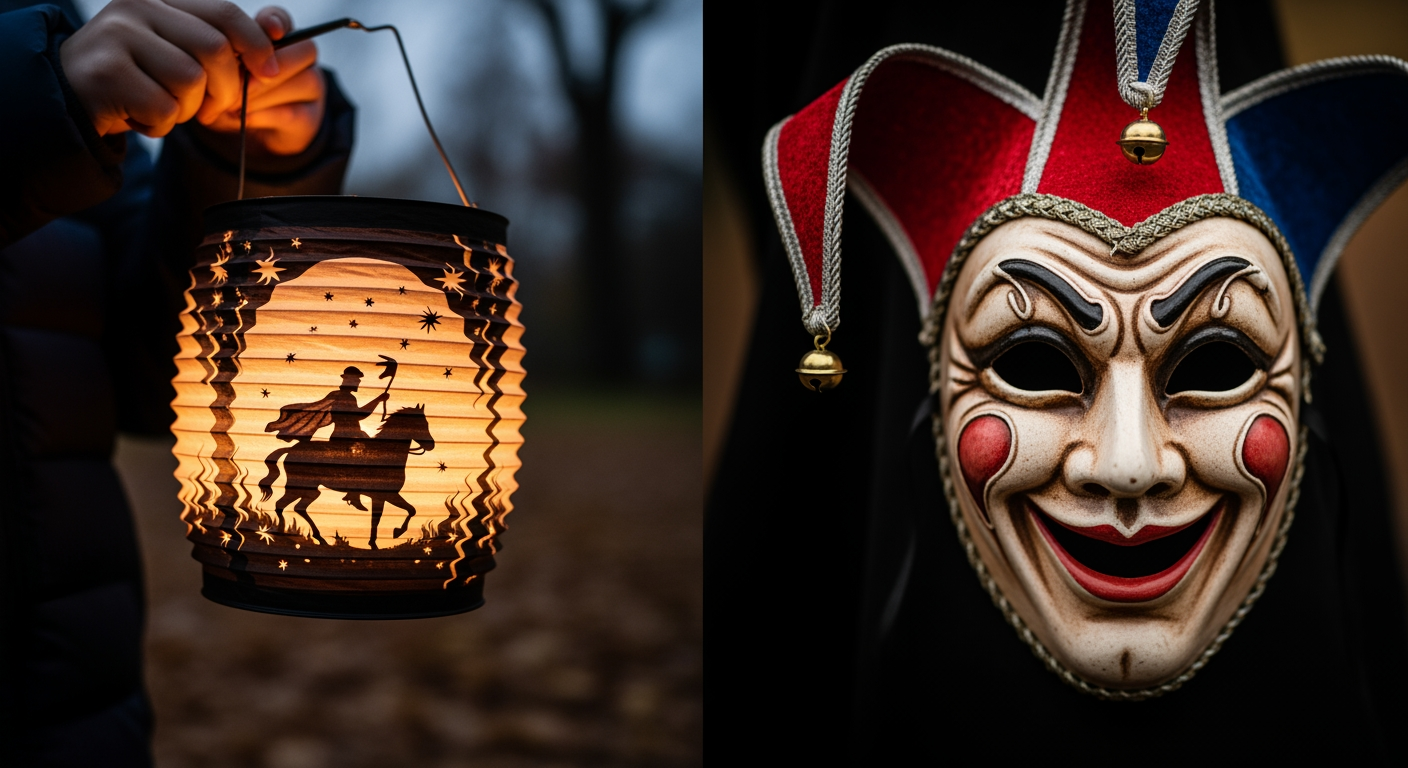Gen Z's Vintage Vogue: A Treasure Hunt for Sustainable Style

Gen Z is redefining the fashion landscape, ditching fast fashion for the unique allure and eco-friendly appeal of vintage clothing. This generation's passion for pre-loved garments is more than just a trend; it's a cultural shift towards sustainability, individuality, and a rejection of disposable consumerism. Fueled by social media and a desire for authenticity, Gen Z is on a treasure hunt, transforming the vintage market and influencing the broader fashion industry.
The Rise of the Thrifting Generation
Born between 1997 and 2013, Gen Z has been dubbed the "sustainability generation." A significant 58% actively seek products sourced sustainably. This eco-consciousness stems from a deep awareness of the environmental damage caused by fast fashion, from excessive water usage to overflowing landfills. By embracing secondhand shopping and upcycled fashion, Gen Z is championing a more ethical approach to style, perfectly aligning with the principles of sustainable and circular fashion.
The numbers speak volumes. The global secondhand market is projected to reach an estimated $350 billion by 2028. In 2023, the resale market grew 15 times faster than the broader retail clothing sector. Gen Z's embrace of vintage is not a fleeting fad but a fundamental shift in mindset, reflecting a broader commitment to environmental stewardship and social justice.
Social Media: The Vintage Catapult
Social media platforms like Instagram, Pinterest, and TikTok have played a crucial role in the resurgence of vintage fashion. These platforms serve as online hubs where enthusiasts showcase their collections, interact with like-minded individuals, and discover new vintage pieces. Hashtags like #VintageAesthetic and #RetroStyle are brimming with thrifted finds, styling inspiration, and creative upcycling ideas.
TikTok, in particular, has become a hub for transformation-focused videos, where users revamp vintage-inspired clothing into modern masterpieces. Influencers and celebrities sporting vintage fashion further amplify these trends, normalizing and popularizing vintage styles. This digital exposure has not only increased awareness but also simplified access to vintage fashion, connecting sellers with a wider audience.
More Than Just Clothes: Individuality and Nostalgia
Beyond sustainability, Gen Z's love for vintage fashion resonates on an emotional level. In a world of digital overload and fleeting trends, vintage offers a sense of grounding and permanence. Wearing vintage is an opportunity to embody the spirit of an era while defining one's own identity.
Nostalgia also serves as a bridge between generations. Many Gen Z consumers find inspiration in the wardrobes of their parents and grandparents, blending family history with contemporary sensibilities. Hand-me-downs and heirlooms become cherished pieces, adding layers of meaning to their vintage collections. This blend of past and present ensures that nostalgia in fashion is more than a trend; it's a philosophy rooted in connection and creativity.
Navigating the Vintage Market
The vintage market offers a diverse range of options, from brick-and-mortar boutiques to online marketplaces. Thriving vintage boutiques in cities like New York and London have seen significant increases in foot traffic and sales, offering curated selections and unique shopping experiences.
Online platforms like eBay, Etsy, Poshmark, Depop, and thredUp provide access to a vast inventory of vintage items. Each platform caters to a slightly different niche, with Etsy attracting serious vintage collectors and Depop appealing to a younger, more fashion-conscious audience. Social media platforms like Instagram, TikTok, and Facebook also serve as potential marketplaces for vintage clothing.
However, the increasing popularity of vintage clothing also raises concerns about authenticity and quality. With the risk of counterfeit and inauthentic items flooding the market, buyers must exercise caution and do their research before making a purchase.
Challenges and Opportunities for Brands
The rise of Gen Z's love for vintage fashion presents both challenges and opportunities for brands. To connect with this audience, brands must embrace authenticity, sustainability, and innovation. Some luxury brands have successfully tapped into the vintage movement by reissuing or reinventing archival designs, blending vintage inspiration with modern relevance.
Brands can also integrate sustainability into their offerings by using recycled materials, promoting ethical labor practices, and offering repair or upcycling services. Collaborating with influencers who champion thrifted fashion and vintage style can further bridge the gap between traditional fashion and modern Gen Z aesthetics.
However, brands must avoid simply mimicking retro styles without a genuine commitment to sustainability and ethical practices. Gen Z is discerning and quick to call out inauthenticity, making it crucial for brands to align their values with their actions.
The Future of Fashion is Vintage
Gen Z's embrace of vintage fashion is reshaping the industry, driving a shift towards sustainability, individuality, and a rejection of disposable consumerism. This generation's passion for pre-loved garments is not just a trend; it's a cultural revolution that is transforming the way we think about fashion.
As Gen Z continues to prioritize ethical and sustainable practices, the vintage market is poised for even greater growth. The future of fashion is not about chasing the latest trends but about embracing timeless pieces with a story to tell, reflecting a commitment to both style and sustainability.


